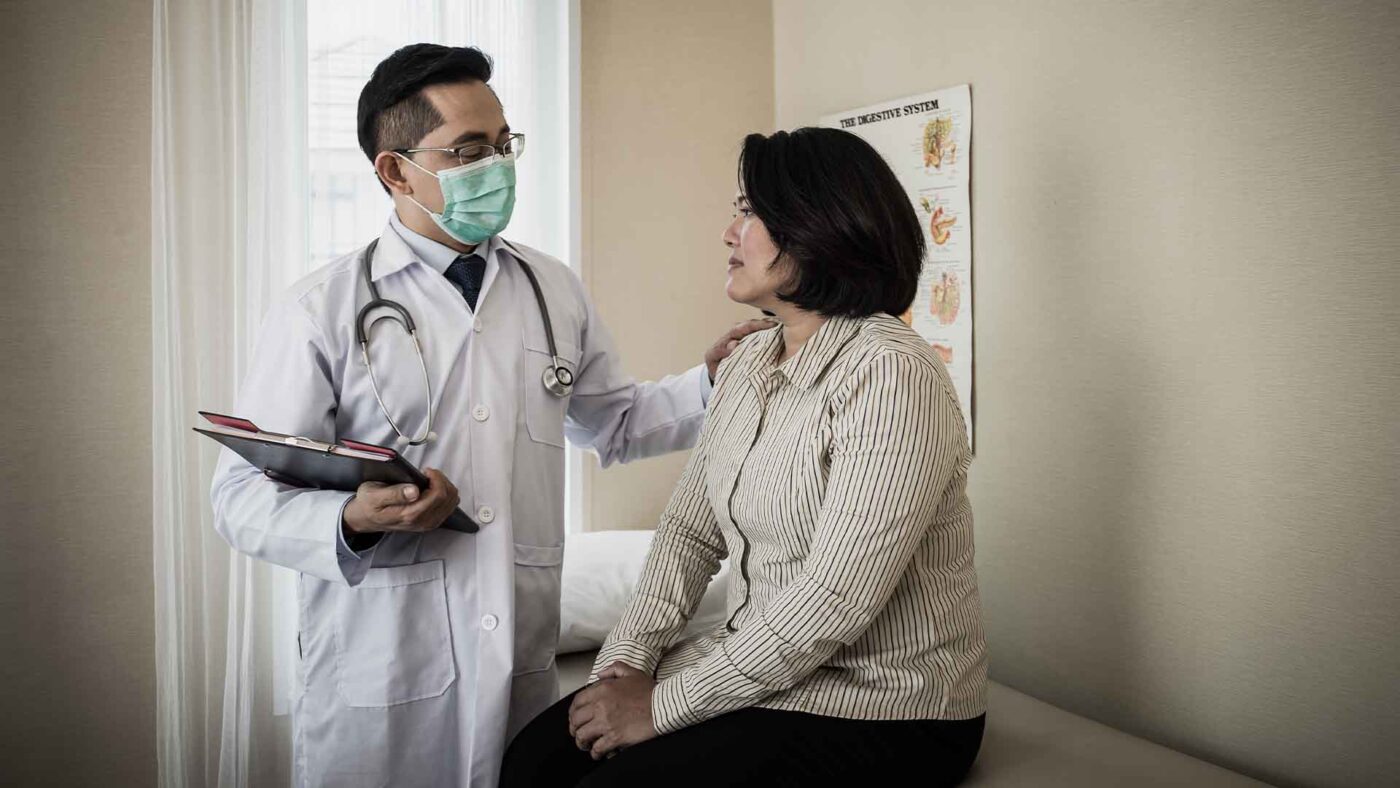Be proactive about your health
Preventive Health
Being proactive about your health through preventive healthcare services can reduce your risk for diseases. Preventive healthcare involves taking steps to prevent chronic illnesses or catch disease early when treatment is most effective. Things like cancer screenings and routine vaccines generally fall into this category. Preventive healthcare can help you stay healthy and lower your healthcare costs.
You can also make healthy lifestyle choices at home to prevent sickness. A medical provider can counsel you on ways to develop better habits to prevent disease or manage current health problems. They usually offer medical advice based off annual screenings and physicals. Routine screenings and physicals may uncover health risks you aren’t aware of.
Talk to a healthcare provider about the following preventive care services:
- Blood pressure, diabetes, and cholesterol tests
- Cancer screenings
- Smoking cessation
- Mental health screenings
- Nutrition and weight management
- Regular wellness visits and how often to schedule them
- Routine vaccinations
Reduce your chance for chronic diseases
- Stop smoking
- Eat healthy
- Get regular physical activity
- Avoid drinking too much alcohol
- Take care of your teeth
- Get regular check-ups and screenings
Screenings, dental check-ups, and staying up to date on vaccines can help keep people of all ages healthy. Talk to a healthcare provider about which preventive services are right for you. Services are often based on your age, gender, and health status. Contact your insurance company if you have questions about your plan or need help finding a medical provider.
Dangers of radon exposure
There are plenty of tips that help reduce your risk of disease, but one tip may be surprising. Have you ever checked the radon levels in your home? Radon is a gas that you can’t see, smell, or taste. It’s the second leading cause of lung cancer. It also causes an estimated 21,000 lung cancer deaths each year.
Radon is naturally released from rocks, soil, and water. This hazardous gas can get into homes and buildings through small cracks or holes. When you breathe in radon gas, radioactive particles can get trapped in your lungs and increase your risk of lung cancer. It may take years before health problems appear.
Only smoking causes more cases of lung cancer. People who smoke and are exposed to radon have a greater risk of developing lung cancer. This is one of many reasons why smoking is bad for your health. If you are a smoker, try to quit.
Take the following tips into consideration to prevent lung cancer caused by radon:
- Test your home for radon. Call the National Radon Hotline (1.800.767.7236) for more information and help.
- Increase air flow in your house by opening windows and using fans and vents to circulate air. Natural ventilation in any type of house is only a temporary strategy to reduce radon.
- Seal cracks in floors and walls. Contact your state radon office for a list of qualified contractors in your area and for information on how to fix radon problems yourself.
- Ask about radon if you are buying or building a new home. If you are looking into buying a new home, don’t forget to hire a professional to check radon levels before you buy it. Try to include features that prevent radon exposure if you are building a new home.
